Diet for testosterone: Which foods naturally boost male hormone levels?
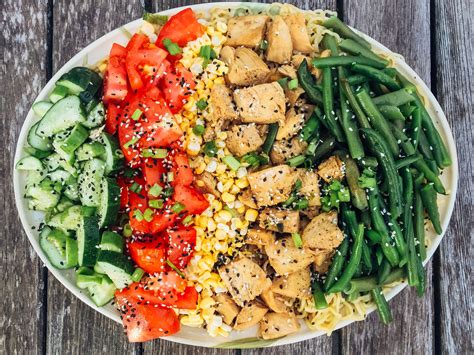
Understanding Testosterone and Its Importance
Testosterone is a crucial hormone primarily associated with male characteristics, playing a vital role in muscle mass, bone density, libido, mood, and overall energy levels. While testosterone levels naturally decline with age, certain lifestyle factors, particularly diet, can significantly influence its production. Optimizing your diet is a natural and effective way to support healthy hormone levels without resorting to synthetic supplements or treatments.
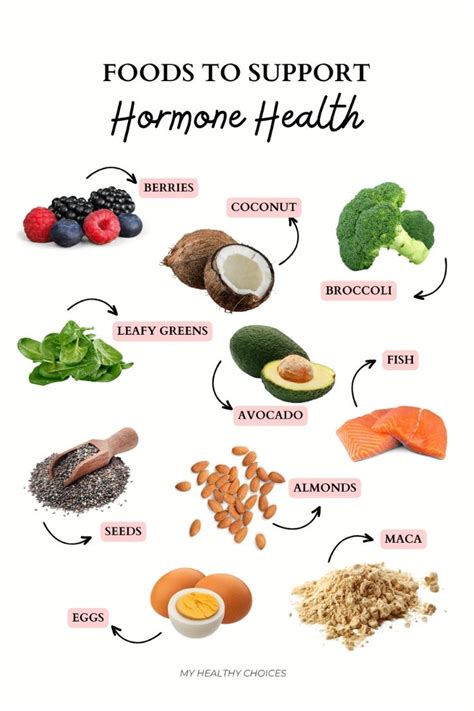
Key Nutrients for Testosterone Production
A diet rich in specific vitamins and minerals can act as a catalyst for natural testosterone synthesis. Focusing on these core nutrients can lay the groundwork for hormonal balance.
-
Vitamin D
Often referred to as the ‘sunshine vitamin,’ Vitamin D functions like a steroid hormone in the body. Research suggests a strong correlation between adequate Vitamin D levels and healthy testosterone production. Sun exposure is the primary source, but dietary intake is also crucial.
-
Zinc
This essential mineral is critical for many bodily functions, including immune health and protein synthesis, and plays a direct role in testosterone regulation. Zinc deficiency is a known cause of low testosterone.
-
Magnesium
Magnesium helps reduce oxidative stress and inflammation in the body, which can negatively impact testosterone. It also plays a role in muscle function and energy production, indirectly supporting hormone health.
-
Healthy Fats
Cholesterol, a type of fat, is a precursor to steroid hormones, including testosterone. Consuming healthy fats, particularly monounsaturated and omega-3 fatty acids, is essential for hormone synthesis and overall endocrine function.
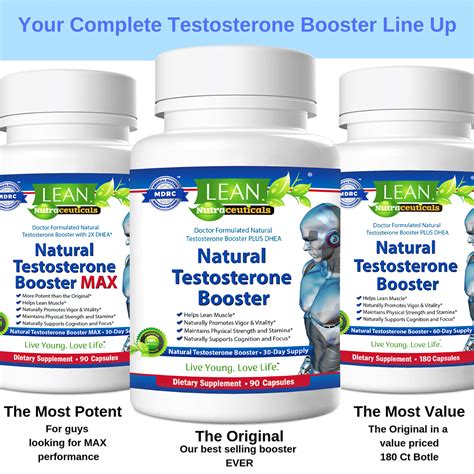
Top Foods to Naturally Boost Testosterone
Incorporating these foods into your daily diet can provide the necessary nutrients to support optimal testosterone levels.
Fatty Fish (Salmon, Tuna, Mackerel)
Rich in Vitamin D and omega-3 fatty acids, fatty fish are excellent for heart health and hormone production. These essential fats are vital for the synthesis of cholesterol, the building block of testosterone.
Oysters
Oysters are perhaps one of the best dietary sources of zinc, making them a powerful food for boosting testosterone. Just a small serving can provide a significant portion of your daily zinc requirement.
Leafy Green Vegetables (Spinach, Kale, Swiss Chard)
These greens are packed with magnesium, which, as mentioned, is crucial for testosterone levels. They also provide a host of other vitamins and antioxidants that support overall health.
Eggs
Whole eggs are a complete protein source and contain healthy cholesterol, Vitamin D, and selenium. The yolk, in particular, is nutrient-dense and provides the necessary components for hormone synthesis.
Berries and Pomegranates
These fruits are loaded with antioxidants that protect against oxidative stress, which can impair testosterone production. Pomegranates, specifically, have been linked to improved testosterone levels and reduced cardiovascular risk.
Ginger
Traditionally used for its medicinal properties, ginger has shown promise in some studies for increasing testosterone levels and improving sperm quality in men.
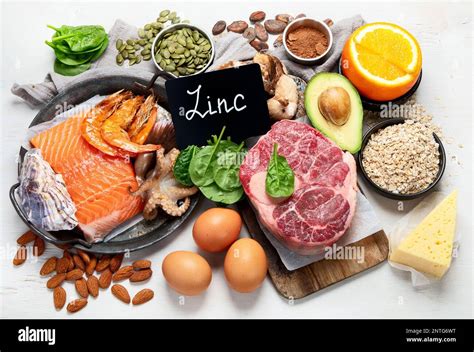
Foods to Limit or Avoid
Just as some foods boost testosterone, others can negatively impact it. Reducing your intake of these items is equally important.
-
Processed Foods and Excessive Sugar
Diets high in processed foods, refined carbohydrates, and sugar can lead to insulin resistance and increased body fat, both of which are associated with lower testosterone levels.
-
Excessive Alcohol
Heavy alcohol consumption can disrupt the endocrine system, leading to decreased testosterone production and increased estrogen levels.
-
Certain Soy Products
While soy in moderation is generally healthy, some studies suggest that very high intake of soy products, rich in phytoestrogens, might have a minor suppressive effect on testosterone levels in some individuals. More research is needed in this area, but moderation is key.

Beyond Diet: Lifestyle Factors for Hormonal Health
While diet is foundational, a holistic approach to testosterone optimization includes other lifestyle choices.
-
Regular Exercise
Especially strength training and high-intensity interval training (HIIT), can significantly boost testosterone levels.
-
Adequate Sleep
Poor sleep patterns can disrupt hormone regulation. Aim for 7-9 hours of quality sleep per night.
-
Stress Management
Chronic stress elevates cortisol, a hormone that can suppress testosterone production. Practicing relaxation techniques like meditation or yoga can be beneficial.
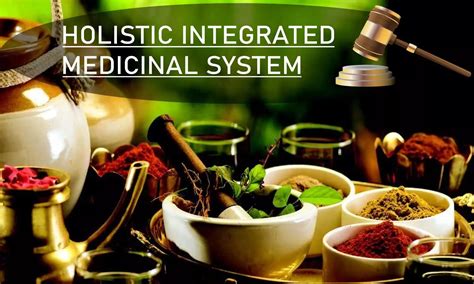
Conclusion
Optimizing your testosterone levels naturally through diet is an accessible and powerful way to enhance overall male health. By prioritizing foods rich in Vitamin D, zinc, magnesium, and healthy fats, while limiting processed foods and excessive alcohol, you can create an environment conducive to healthy hormone production. Remember that a balanced diet combined with regular exercise, sufficient sleep, and stress management forms the most effective strategy for maintaining peak hormonal health and vitality.









